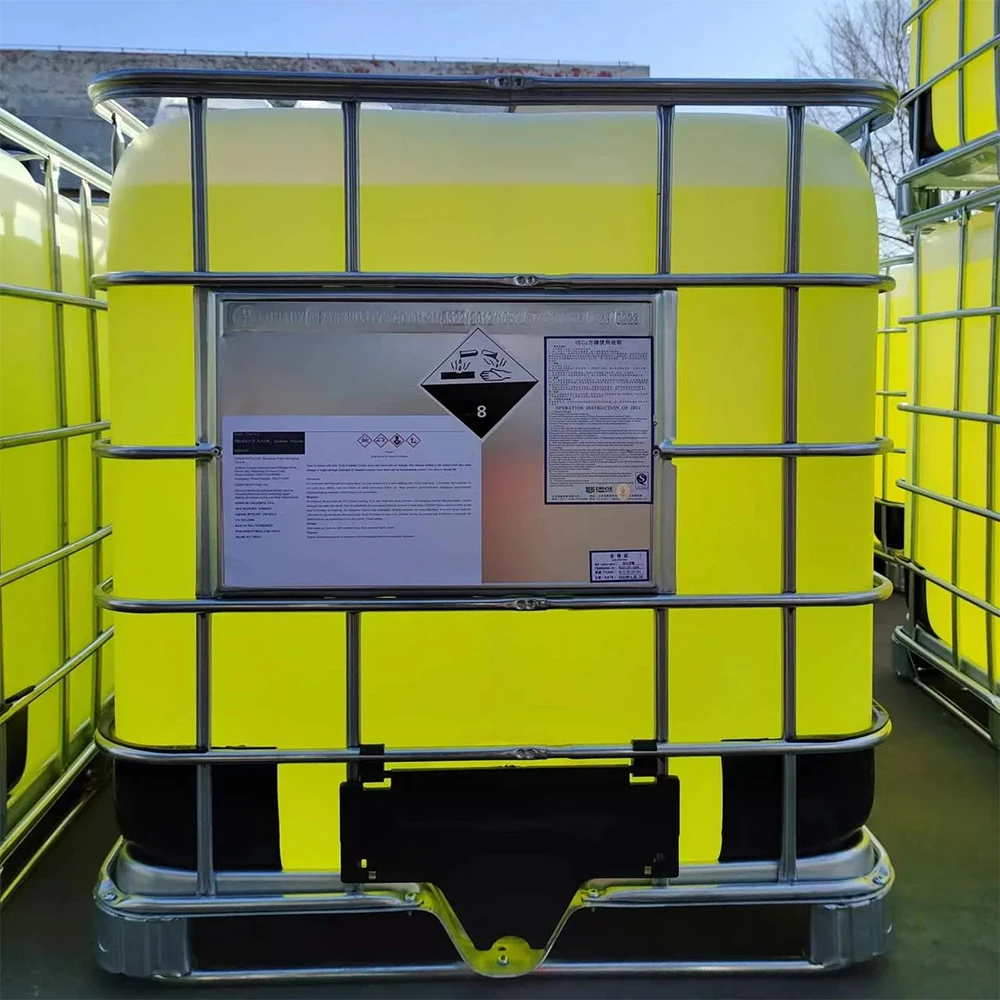



types of chlorination systems for pools
Types of Chlorination Systems for Pools
Chlorination is an essential process in maintaining a clean and safe swimming pool. It ensures that the water remains free from harmful microorganisms and debris. Various chlorination systems are available, each with its own set of advantages and drawbacks. This article will discuss the most common types of chlorination systems used in pools, helping you make an informed decision for your recreational facility.
1. Traditional Chlorinators
Traditional chlorinators are among the most commonly used systems in residential and commercial pools. They work by manually adding chlorine in either liquid, granular, or tablet form. Liquid chlorine, sodium hypochlorite, is often favored for its ease of use and rapid effect. Granular chlorine (calcium hypochlorite) is also popular, especially for its stability in storage. Tablets, typically composed of trichloroisocyanuric acid (TCC), dissolve slowly and provide a consistent release of chlorine over time.
Advantages - Cost-effective and widely available. - Easy to use, making them ideal for first-time pool owners.
Disadvantages - Requires regular testing to ensure proper chlorine levels. - Risk of over-chlorination if not used carefully, which can irritate skin and eyes.
2. Saltwater Chlorinators
Saltwater chlorination systems have become increasingly popular over the years. These systems use salt (sodium chloride) to generate chlorine through a process called electrolysis. As the pool water passes through a salt cell, electricity is used to convert the salt into chlorine, which disinfects the water.
Advantages - Reduced need for manual chlorine handling. - Softer water feel, often making it easier on the skin and eyes. - Lower overall chemical costs in the long run, as the system continuously produces chlorine.
Disadvantages - Higher initial setup cost due to the installation of the chlorinator. - Regular maintenance is necessary for the salt cell to function properly. - Potential for corrosion on pool equipment and surfaces if salt levels are not monitored.
3. Inline and Offline Chlorinators
Inline and offline chlorinators are typically used in conjunction with existing filtration systems. An inline chlorinator is plumbed directly into the existing plumbing, allowing for constant chlorine addition as water is circulated. An offline chlorinator, on the other hand, is a separate tank that holds a chlorine solution, and the water is drawn from the pool through the chlorinator.
types of chlorination systems for pools

Advantages - Provides a consistent chlorine level. - Easier to control dosages compared to traditional methods.
Disadvantages - Initial installation can be complex and require professional assistance. - Regular maintenance and monitoring are required.
4. UV Systems (Ultraviolet Light)
While not a chlorine system in the traditional sense, UV systems work synergistically with chlorination methods. These systems use UV light to disinfect water as it passes through a chamber. The UV light effectively kills bacteria, viruses, and other pathogens, reducing the amount of chlorine needed.
Advantages - Reduces chlorine consumption, making the pool more environmentally friendly. - Limits the formation of harmful chloramines, which cause eye irritation and strong chemical odors.
Disadvantages - Does not replace the need for chlorine entirely; it works best in conjunction with a chlorination system. - Initial installation costs can be high.
5. Ozonation Systems
Ozonation systems use ozone gas to purify pool water. Ozone is a powerful oxidizer that kills bacteria and breaks down organic contaminants effectively. Similar to UV systems, ozonation is often used alongside traditional chlorination methods to enhance water quality.
Advantages - Ozone boosts the effectiveness of chlorine while using less of it. - Improves water clarity and reduces chemical odors.
Disadvantages - High initial investment for installation. - Requires careful monitoring and maintenance to ensure optimal performance.
Conclusion
Choosing the right chlorination system for your pool depends on various factors, including budget, maintenance preferences, and the desired water quality. Each system has unique advantages and challenges, making it essential to weigh these factors carefully. By understanding the different types of chlorination systems available, you can better maintain a safe, clean, and enjoyable swimming environment for everyone.
-
Why Sodium Persulfate Is Everywhere NowNewsJul.07,2025
-
Why Polyacrylamide Is in High DemandNewsJul.07,2025
-
Understanding Paint Chemicals and Their ApplicationsNewsJul.07,2025
-
Smart Use Of Mining ChemicalsNewsJul.07,2025
-
Practical Uses of Potassium MonopersulfateNewsJul.07,2025
-
Agrochemicals In Real FarmingNewsJul.07,2025
-
Sodium Chlorite Hot UsesNewsJul.01,2025










